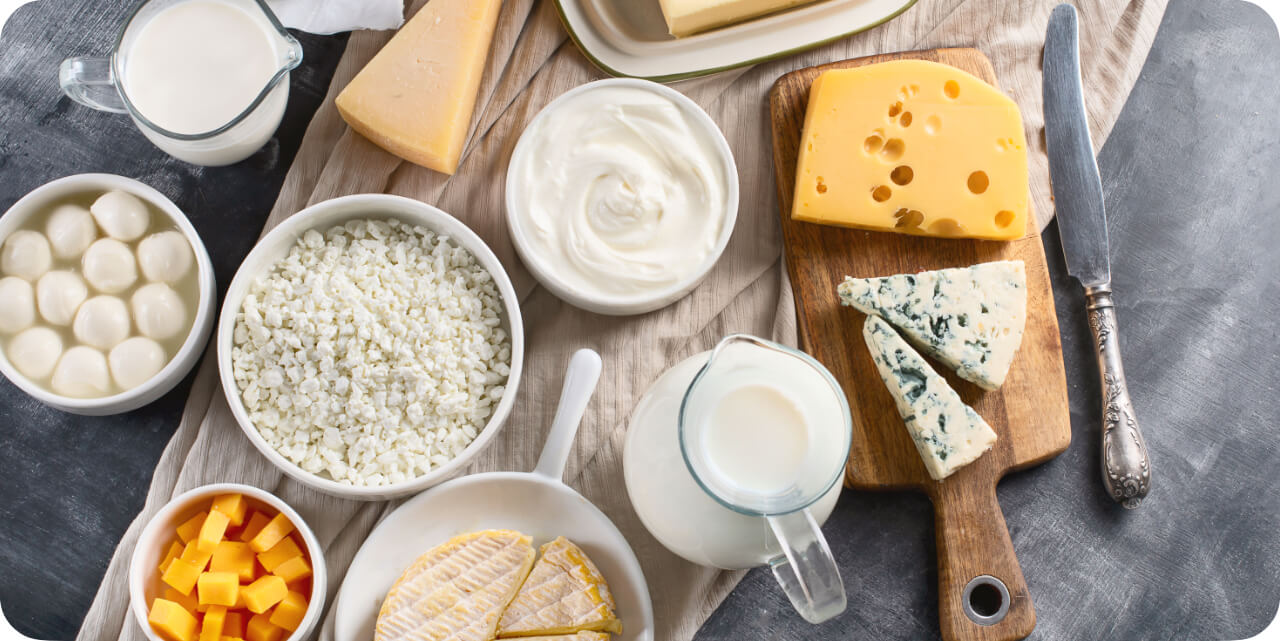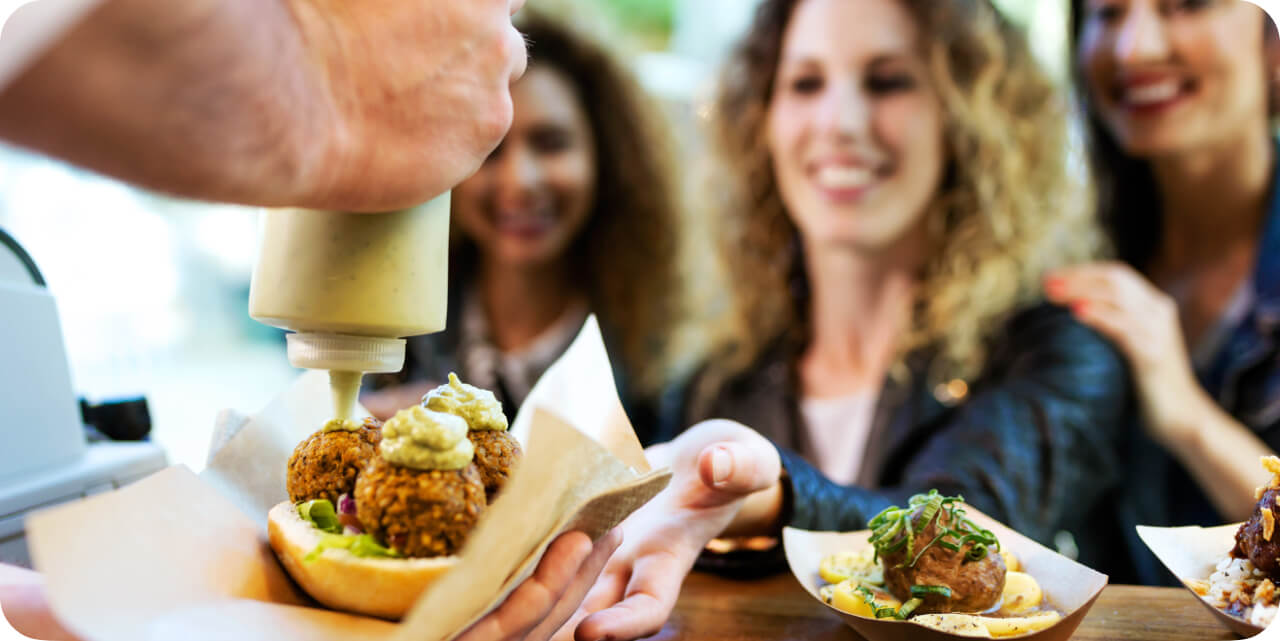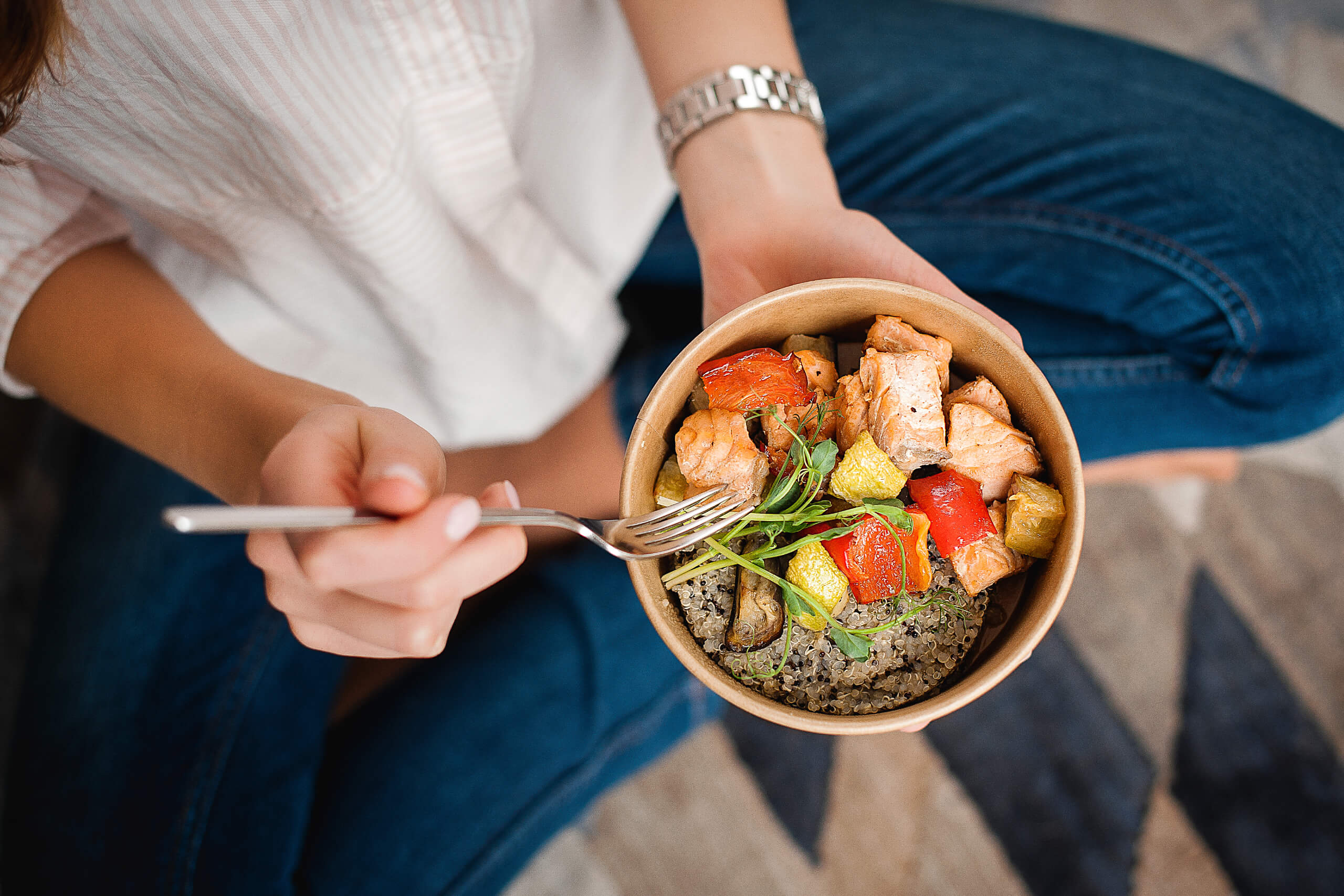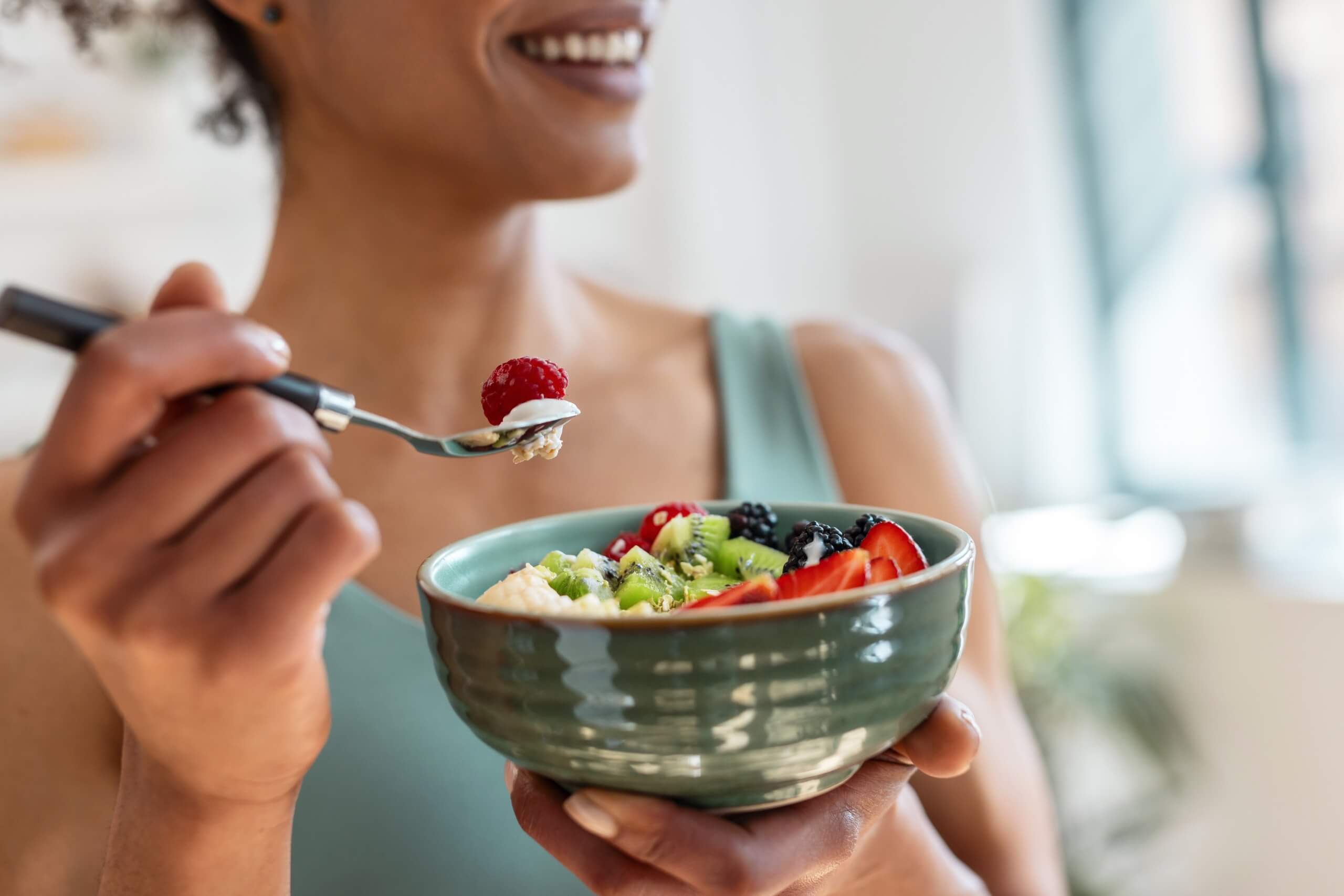The sensation of bloating can be quite uncomfortable, affecting not just your digestive system but also your mood and overall well-being. While several factors may contribute to bloating, specific foods are more likely to induce this discomforting experience. Below is an extensive guide on 10 Foods That Can Make You Bloated and the science behind why they might make your stomach expand more than you’d like.
Why Certain Foods Cause Bloating
Certain foods are more prone to causing gas, either because they’re more difficult to digest or because they lead to the production of excess gas in the digestive system. Foods rich in fiber, while essential for a healthy diet, can often be the culprits. That’s because they ferment in the large intestine, resulting in gas. Likewise, fatty and spicy foods can also contribute to bloating.
Table: Foods Most Likely to Cause Bloating
| Food | Reason for Bloating | Alternative Food |
|---|---|---|
| Beans | Contains oligosaccharides | Lentils |
| Dairy | Contains lactose | Lactose-free milk |
| Carbonated Drinks | Carbon dioxide | Herbal teas |
| Broccoli | High in fiber | Zucchini |
| Cabbage | Contains raffinose | Spinach |
| Apples | Contains fructose and fiber | Bananas |
| Onions | High in fructans | Leeks |
| Garlic | Contains fructans | Chives |
| Whole Grains | High fiber content | White rice |
| Processed Foods | High in sodium | Homemade meals |
Beans and Lentils: The Good and the Bad
Beans are a staple in many diets, offering a rich source of protein and essential nutrients. However, they contain oligosaccharides, complex sugars that the body finds challenging to digest. Instead, opt for lentils, which offer similar nutritional benefits but are easier on the digestive system.
Dairy Products: Lactose Intolerance and Bloating
The discomfort you feel after consuming dairy products is often due to lactose, a sugar present in milk and cheese. For those who are lactose intolerant, this can lead to significant bloating. Lactose-free milk or plant-based alternatives like almond and oat milk can be excellent substitutes.
Carbonated Drinks: The Fizz Factor
The fizz in carbonated drinks comes from carbon dioxide, a gas that can get trapped in your digestive system, causing bloating. For a refreshing alternative with less risk of bloating, try herbal teas or simply water with a splash of lemon.
Cruciferous Vegetables: Broccoli and Cabbage
Broccoli and cabbage belong to the cruciferous family of vegetables. They are undoubtedly nutritious but contain raffinose, a complex sugar that can result in bloating. Switch to zucchini or spinach, which are easier to digest and less likely to cause gas.
Fruits: The Case of Apples and Pears
Apples are a quick and healthy snack but contain both fructose and fiber, which can contribute to bloating. For a fruit option that’s easier on the stomach, opt for bananas, which are rich in potassium and can help balance sodium levels, thereby reducing bloating.
High-Fructan Vegetables: Onions and Garlic
Both onions and garlic contain fructans, a type of carbohydrate that can cause bloating. As a flavorful alternative, try leeks or chives that add taste without the tummy trouble.
Whole Grains: A Double-Edged Sword
Whole grains are an essential part of a balanced diet but can also lead to bloating due to their high fiber content. For those sensitive to bloating, white rice can be a better option.
Processed Foods: The Sodium Overload
Processed foods often contain an excessive amount of sodium, which can cause the body to retain water. For a healthier and less bloating option, choose homemade meals, where you control the sodium level.
Conclusion: Eating Smart to Avoid Bloating
Being mindful of the foods that cause bloating is the first step towards a more comfortable and healthier digestive experience. By understanding which foods to avoid and learning about suitable alternatives, you can significantly reduce the likelihood of experiencing this discomforting condition.
Related Posts
30/12/2024
Yohimbine HCL vs Other Fat Burners: Which is Best?
When it comes to shedding stubborn fat, the market is flooded with fat burners promising quick results. But with so…
19/12/2024
Yohimbine HCL for Cutting Phases: The Ultimate Fat Loss Tool
When it comes to cutting phases, the struggle is real. Shedding those last few pounds of stubborn fat can feel like an…
07/12/2024
How to Maintain Muscle While Burning Fat: Tips and Supplements
Achieving a fit, defined physique isn’t just about dropping weight; it’s about ensuring that weight loss focuses on…
25/11/2024
Top Benefits of Yohimbine HCL for Weight Loss
Yohimbine HCL has rapidly gained attention among fitness enthusiasts and those aiming for effective weight loss. But…
13/11/2024
Top Benefits of Yohimbine HCL for Weight Loss and Performance
Yohimbine HCL is an increasingly popular supplement among fitness enthusiasts and those aiming for weight loss. But…
01/11/2024
How to Control Cravings and Support Weight Loss with Natural Supplements
Let’s face it, weight loss is hard – especially with cravings getting in the way! Natural supplements can be a…
20/10/2024
Intermittent Fasting for Beginners: A Step-by-Step Guide to Fat Loss
Intermittent fasting (IF) has become one of the most effective ways to lose fat while still enjoying your favourite…
08/10/2024
Ozempic (Semaglutide) Great for Weight Loss?
In recent years, Ozempic, a drug known primarily for managing type 2 diabetes, has been gaining attention for its…
26/09/2024
A Beginner’s Guide to Mindful Eating
In today’s fast-paced world, eating often becomes a mindless activity. We eat on the go, in front of screens, or while…












